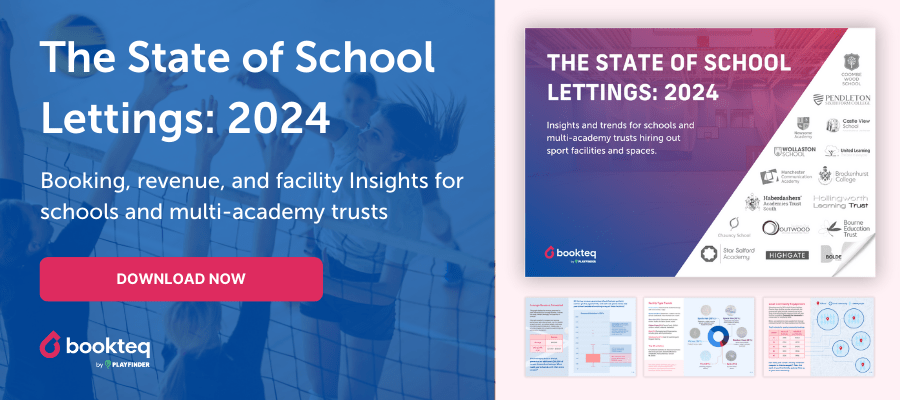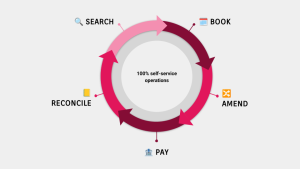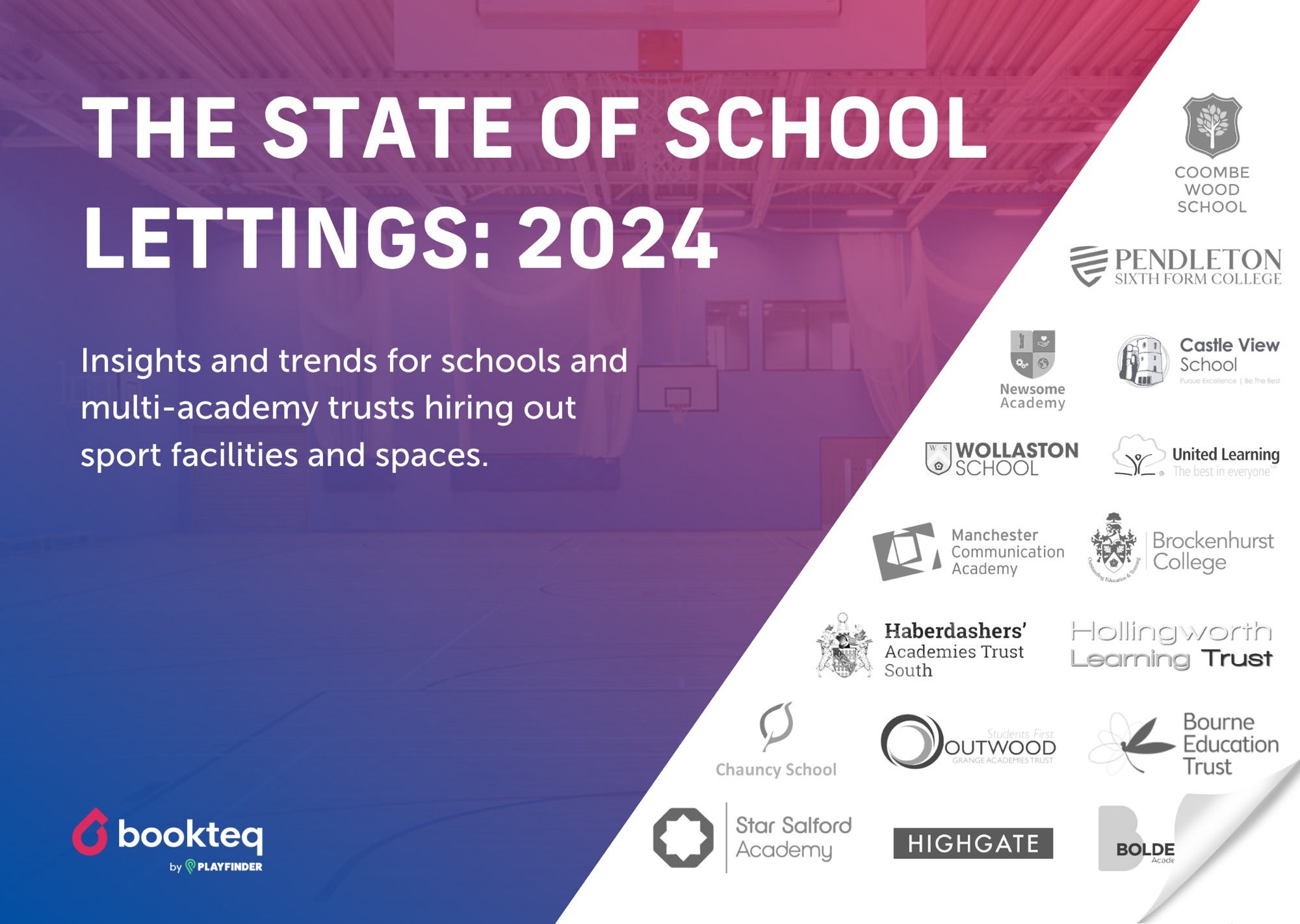The adoption of a digital booking system for sports facilities and space hire represents a pivotal step towards efficiency and revenue optimisation for schools and MATs. However, the journey towards digitalisation is not without its challenges. From cultural shifts to financial justifications, schools must navigate a myriad of considerations to ensure a seamless transition and maximise returns. Here are eight crucial factors schools should contemplate when embarking on this transformative journey:
1. Assessing Internal Resources
Before embarking on the digitalisation journey, schools must assess their internal resources and capabilities. While some institutions may opt for internal management, others may benefit from partnering with a fully managed school lettings service, leveraging technology and expertise to streamline operations.
The adoption of a digital booking system for sports facilities and space hire holds immense potential for schools to enhance efficiency, generate revenue, and strengthen community ties. By addressing the aforementioned considerations with diligence and foresight, institutions can navigate the transition effectively and unlock the full benefits of digitalisation.
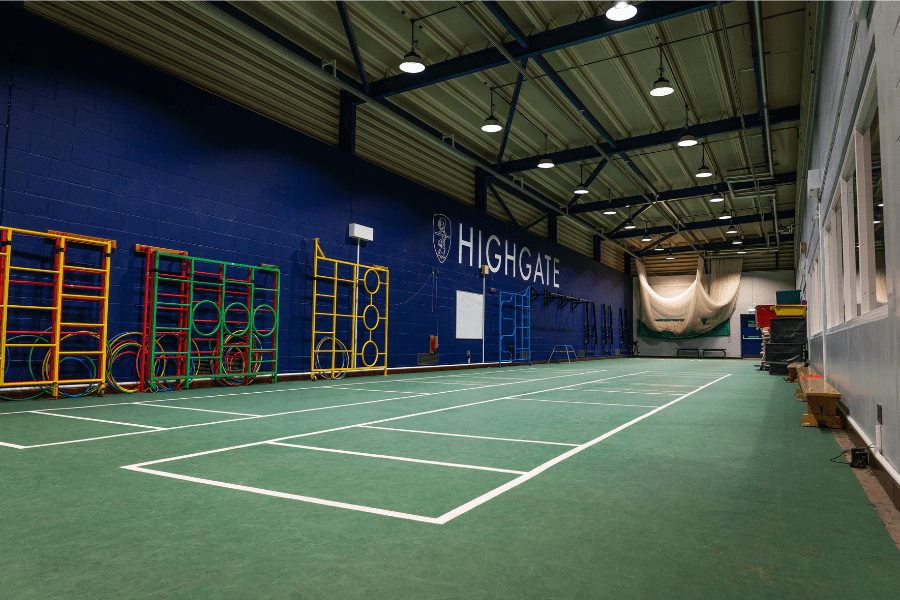
2. Managing the Transition
The initial transition to a new booking system can evoke feelings of apprehension and uncertainty among both the school team and hirers. Effective communication is paramount to alleviate concerns and garner buy-in from internal stakeholders. Ensuring ample time for training and acclimatisation is essential to smooth the adoption process. If you’re driving this change make sure that you buy in from all key stakeholders to reduce blockers to going live with your new system.
3. Justifying Cost and ROI
Articulating the return on investment (ROI) of the new system is crucial for securing support from decision-makers. By highlighting the tangible benefits, such as increased efficiency and revenue generation, schools can justify the expenditure and pave the way for successful implementation. Your potential software providers should be able to show you examples and case studies of success stories with clear ROI on the implementation of their software.
4. Setting Clear Goals
As is the case with most investments, it’s absolutely imperative to establish clear goals to realise the full potential of the booking system. We often see thousands of pounds worth of revenue generated. However, if it’s not ring fenced and not supported with a reinvestment plan, the income is at risk of being spent on day-to-day items rather desperately needed, but expensive items.
Schools must delineate how they plan to reinvest the income generated by lettings and track its impact to ensure accountability and sustainability. The impact that this additional income has could be huge – we’ve seen new equipment bought, new facilities built as well as paying for additional staff like TAs and support staff. Think about where your biggest pinch points are as an institution and where the extra income would be best spent. If you have a clear goal and plan, you’re more likely to see the tangible fruits of your labour.

5. Maximising Facility Usage
Let’s think outside sports facilities! Explore the full suite of inventory you have at your fingertips – this could be classrooms, halls and other spaces. Once you’ve finalised what you can include in your lettings, make sure they’re onboarded into your booking system to maximise ROI. By leveraging your full estate, your school can unlock additional revenue streams and enhance community engagement in an entirely new way.
6. Reducing Administrative Burden
An effective booking system should offer online booking and self-service features, enabling hirers to manage their bookings independently. With use of a robust online platform equipped with intuitive tools for managing bookings, tracking usage, and facilitating payments you should see a significant reduction in administrative tasks, like Brockenhurst College and The Matthew Arnold School have. By automating administrative tasks, you can free up valuable time and significantly reduce workload for the lettings team, allowing them to focus on delivering exceptional school services.
7. Maintaining Control
While embracing automation, we know that retaining control over who is using your facilities and when can be a concern. Make sure your school booking system has features such as approvals and additional questions which enable administrators to vet bookings and ensure compliance with regulations, safeguarding the integrity of the institution.
8. Expanding Community Reach
A robust booking system can serve as a catalyst for community outreach, enabling schools to market their facilities to a broader audience. The key is showcasing your available facilities paired with making them easy to book. Once your school facilities are visible and accessible, the next step is reaching out to your community. You can start by promoting your facilities through a marketplace like Playfinder, to begin to foster closer ties with local residents.

